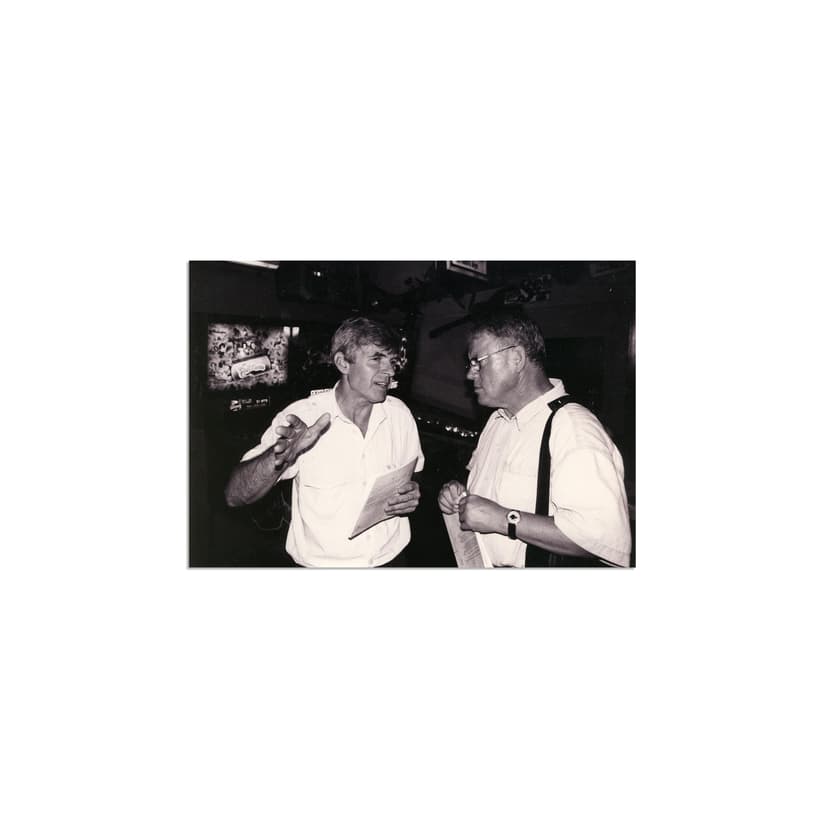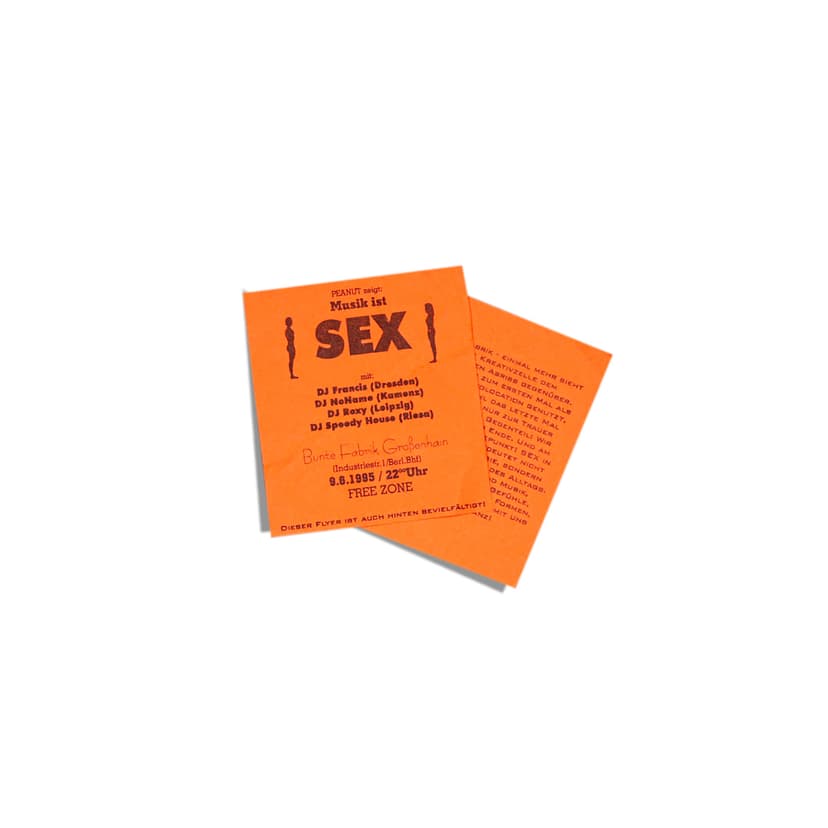At the end of 1990, I was standing on the escalator going up in a department store at Berlin's Alexanderplatz when I suddenly got a rapid heartbeat: A man I knew was going down the neighboring escalator. I turned around and followed him. When he stopped at a bargain table, I tapped him lightly on the shoulder from behind, whereupon he turned around and greeted me with a loud "Gilbert!" He called me by my first name, like an old friend. I asked him if he'd be willing to be interviewed for my book "Flour from Mielke's Mills," and after I explained the project, he immediately agreed. The man's name was Wolfgang Mascher, and when I first met him, he was an interrogator in the central detention center of the Ministry for State Security—with the rank of major. In the summer of 1982, I had interviewed punks in East Berlin, where I also lived. The material initially lay in a drawer for two years, then I dug it out again, and at VEB Wärmeanlagenbau, where I worked as an inventory and insurance clerk, a nice colleague secretly copied it for me. I distributed 90 copies to friends and relatives in the GDR. Eight copies were intended for friends in West Germany and France. In 1985, I gave the booklets to my mother, who, as a pensioner, was allowed to travel to the West. But customs were more thorough than I had hoped and found the booklets, which led to my arrest on March 27, 1985. After six months of interrogation by a major whose name I did not know, the Berlin-Lichtenberg District Court sentenced me to two years and two months in prison. On April 8, 1986, I was released early because the federal government had paid a ransom for me – to the GDR at my request. And now, in 1990, I sat in his apartment and asked him my questions, which he readily answered. At the time, he admitted, he was deeply convinced that what I had done was a "mess"; but ultimately, he acknowledged that he had incurred grave guilt for destroying not only my biographies, but many others. In doing so, he had paved the way for something one could perhaps call "reconciliation." And I never had the impulse to take him to court—history had already imposed the ultimate punishment on him: the end of his beloved GDR and the loss of all power and privileges. So, with the feeling of a victor, I was able to invite him in 2000 to the premiere of my second book: the publication of the punk interviews, for whose distribution he had put me in prison in 1985. That's when the recording was taken that shows me talking to my former interrogator!




